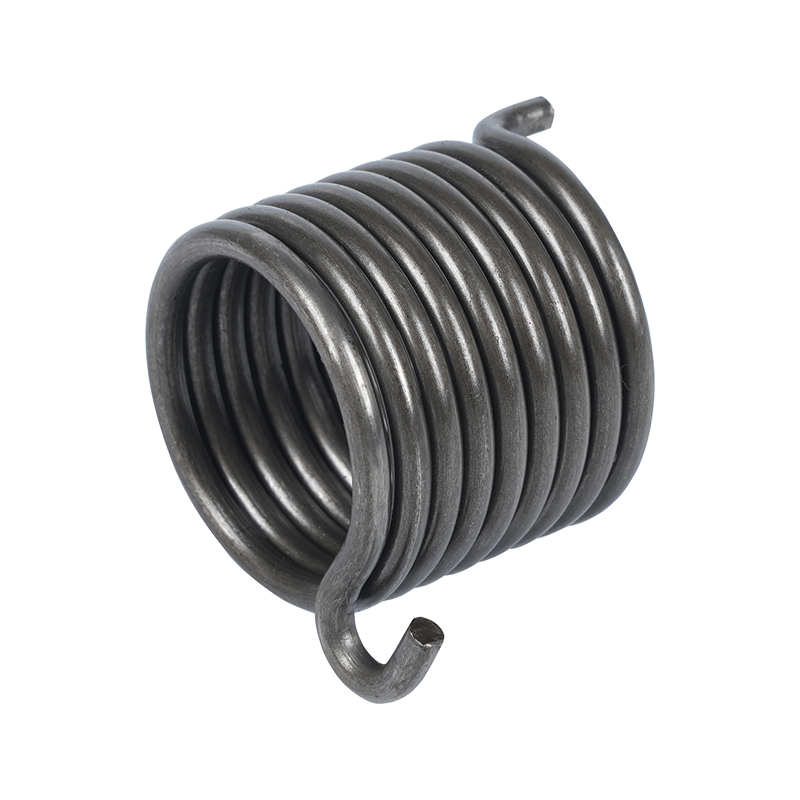Products Made Through Metal Machining Services And Metal Stamping Forming
Metal machining services and metal stamping forming are crucial processes in the manufacturing industry, playing significant roles in creating a wide array of products that we use in our daily lives. These processes are essential for shaping raw metal materials into finished components that serve various purposes across different sectors.
In modern manufacturing, the utilization of metal machining services and metal stamping forming has become indispensable. These processes enable the transformation of raw metal materials into intricate components used in industries ranging from automotive to electronics. Understanding the breadth of products manufactured through these methods provides insight into their importance and versatility.
Automotive Components
One of the primary applications of metal machining services and stamping forming is in the automotive industry. Components such as engine parts, transmission components, and chassis elements are often produced through these processes. Metal machining allows for precise cutting, drilling, and shaping of metals like steel and aluminum, ensuring that each part meets strict performance and safety standards required in vehicles.
Electronic Enclosures and Components
In the electronics sector, metal stamping forming is commonly employed to manufacture intricate enclosures and precise components for devices such as smartphones, laptops, and household appliances. The process involves pressing sheets of metal into specific shapes using dies and molds, ensuring uniformity and accuracy in the final products. Metal machining complements this by providing secondary operations such as threading, milling, and finishing to meet exact specifications.
Aerospace Parts
The aerospace industry relies heavily on metal machining services to fabricate critical components used in aircraft and spacecraft. From structural elements like wing spars and fuselage frames to engine parts and landing gear components, precision machining ensures that these parts are durable, lightweight, and capable of withstanding bad conditions. Metal stamping forming also contributes by producing specialized brackets, mounts, and fasteners integral to aerospace assemblies.
Medical Device Manufacturing
Metal machining services play a crucial role in the production of medical devices and equipment. Surgical instruments, prosthetic implants, and diagnostic tools require high precision and biocompatible materials, which are achieved through advanced machining techniques. Metal stamping forming is utilized for manufacturing medical device casings and components that must meet stringent regulatory standards for safety and performance.
Consumer Goods
In the consumer goods sector, metal machining services and stamping forming are employed to manufacture a diverse range of products. From kitchen appliances like stainless steel cookware and utensils to furniture fittings and hardware, these processes ensure that products are not only functional but also aesthetically pleasing and durable. The ability to customize shapes, sizes, and surface finishes through machining and stamping enables manufacturers to meet consumer demand for quality and innovation.
In conclusion, metal machining services and metal stamping forming are essential technologies that underpin modern manufacturing across various industries. Their versatility in shaping raw metal materials into precise components enables the production of automotive parts, electronic devices, aerospace components, medical equipment, and consumer goods. As technology continues to advance, these processes will play an increasingly vital role in meeting the evolving demands of global markets for high-quality, reliable products.
By exploring the breadth of products manufactured through metal machining services and metal stamping forming, we gain a deeper appreciation for their impact on industries and everyday life. Their contributions to innovation and efficiency in manufacturing highlight their importance as foundational processes in the modern industrial landscape.


 English
English русский
русский Español
Español











